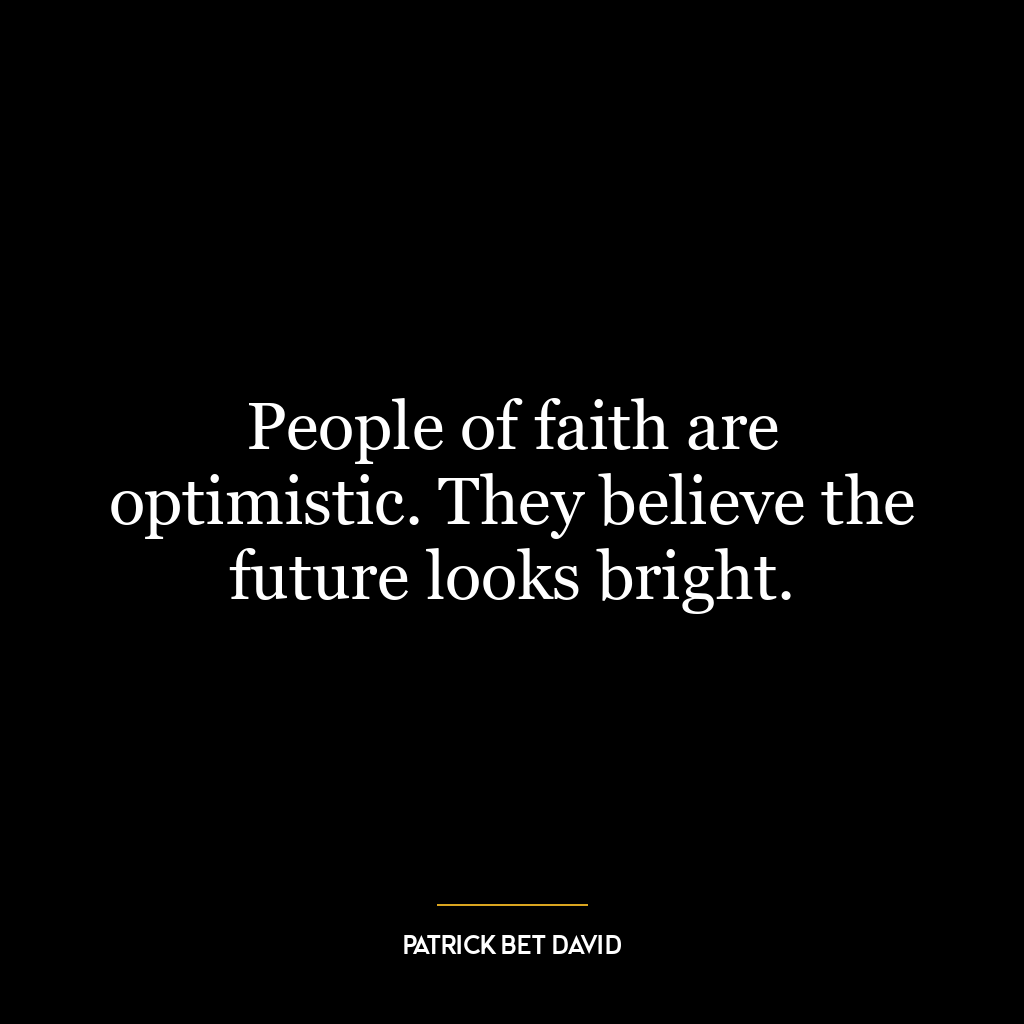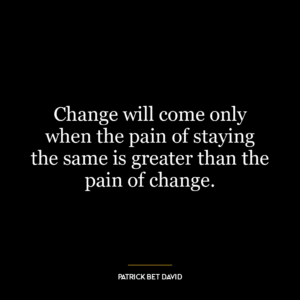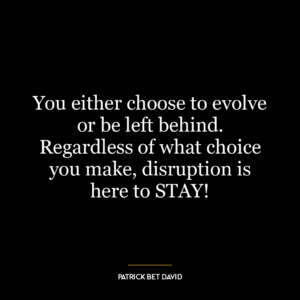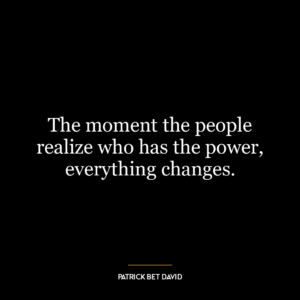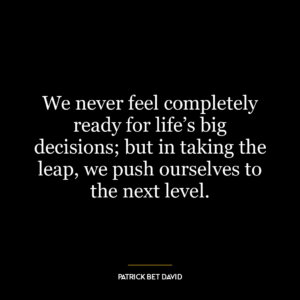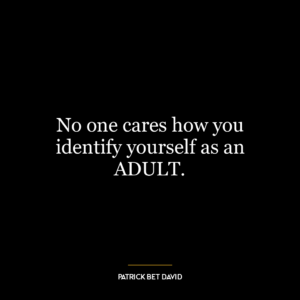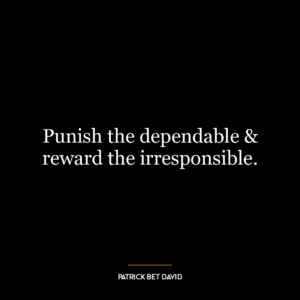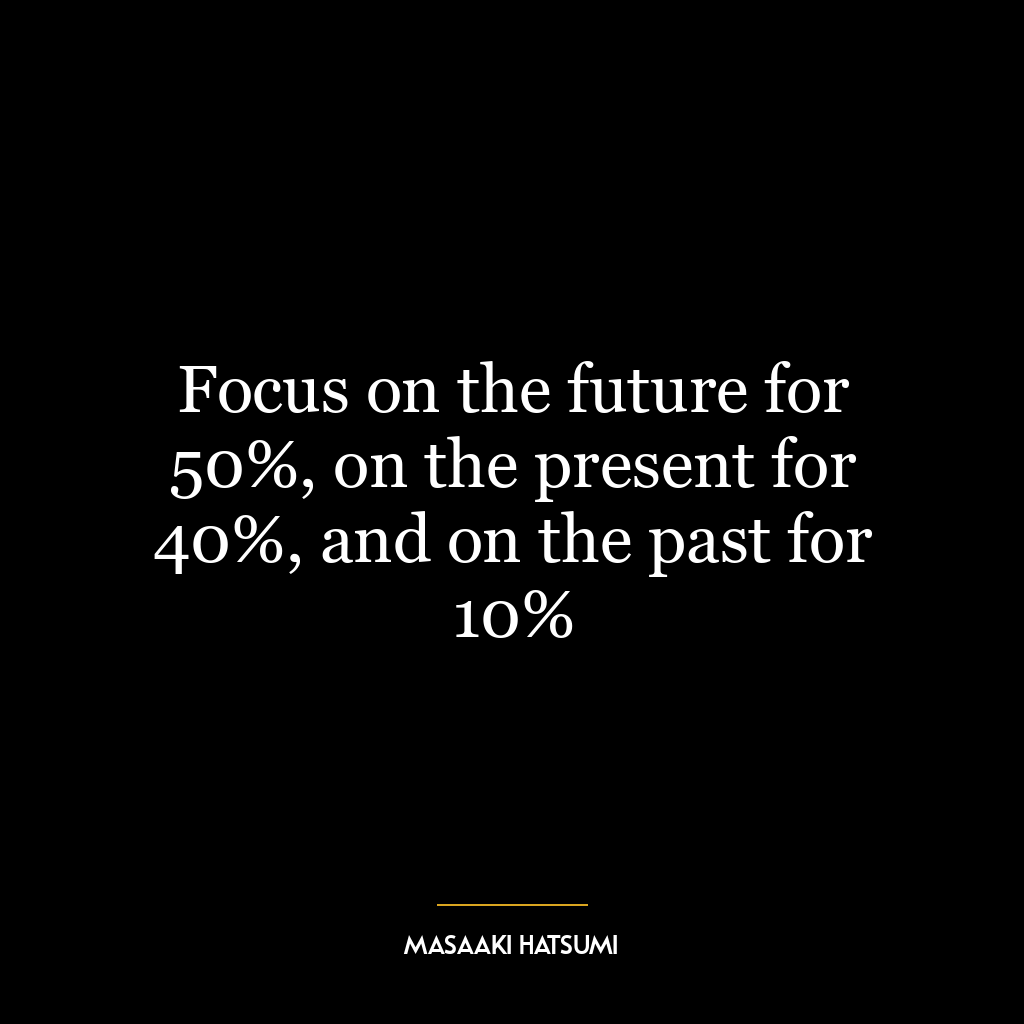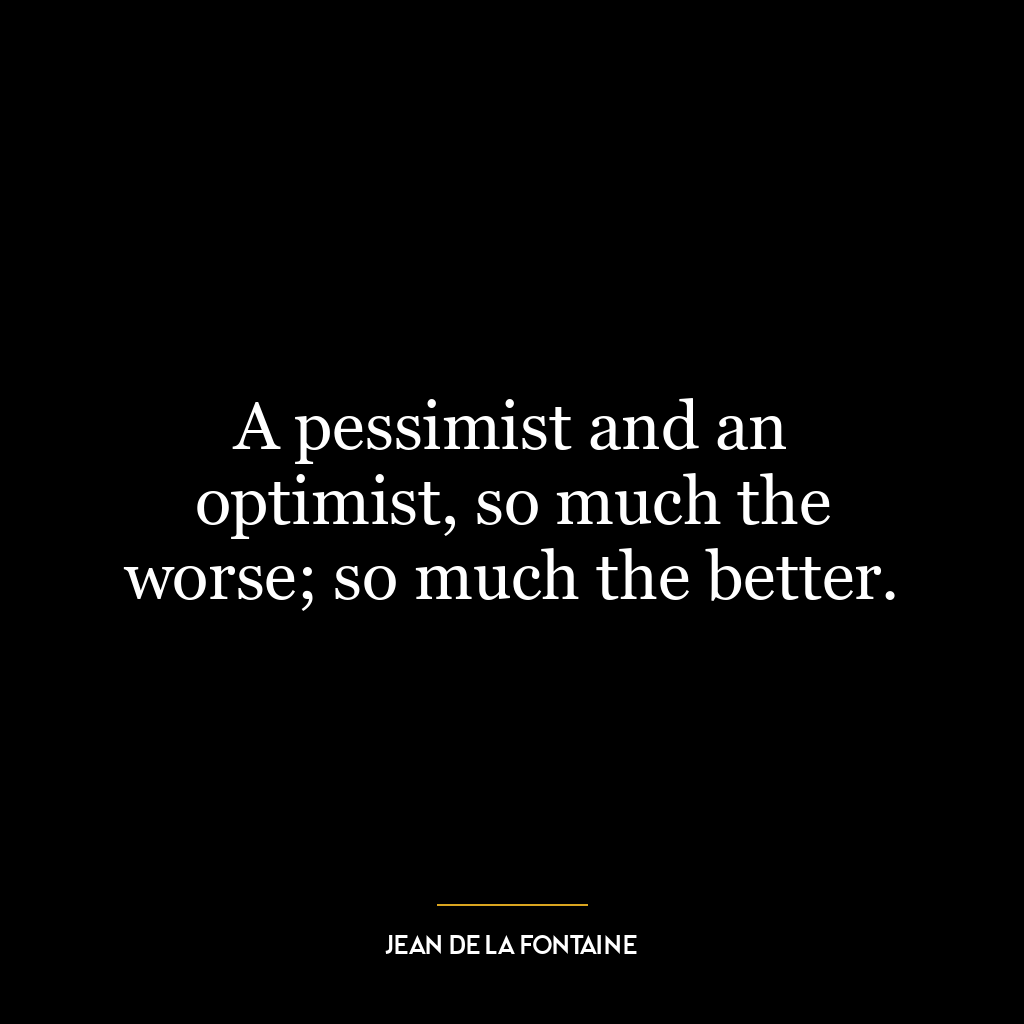People of faith are optimistic. They believe the future looks bright.
This quote emphasizes the inherent optimism found in people of faith. It suggests that faith, regardless of its specific religious or spiritual orientation, instills a positive outlook towards the future. This optimism stems from the belief that a higher power or divine entity has a plan or purpose for every individual and for the world at large. This belief provides comfort and assurance, enabling individuals to view the future with hope and positivity, irrespective of the uncertainties and challenges that may lie ahead.
Furthermore, the quote suggests that faith is not merely a passive acceptance of fate, but rather an active and hopeful anticipation of a brighter future. It’s about trusting that good things are coming, even when current circumstances might suggest otherwise. This perspective can be empowering, as it encourages individuals to strive for betterment, not just for themselves, but also for the world around them.
Applying this idea in today’s world, particularly in a time when many people are dealing with uncertainty, fear, and anxiety due to various global crises, this faith-based optimism could serve as a powerful tool for resilience. It can motivate individuals to keep pushing forward, to keep striving for improvement, and to maintain a hopeful perspective, even in the face of adversity.
In terms of personal development, this quote can be interpreted as an encouragement to cultivate faith, not necessarily in a religious sense, but in a broader sense of having faith in oneself, in others, and in the future. This faith-based optimism can foster resilience, perseverance, and a positive mindset, which are all crucial elements for personal growth and self-improvement. It can also promote a sense of purpose and meaning, which are key components of overall well-being and satisfaction in life.

